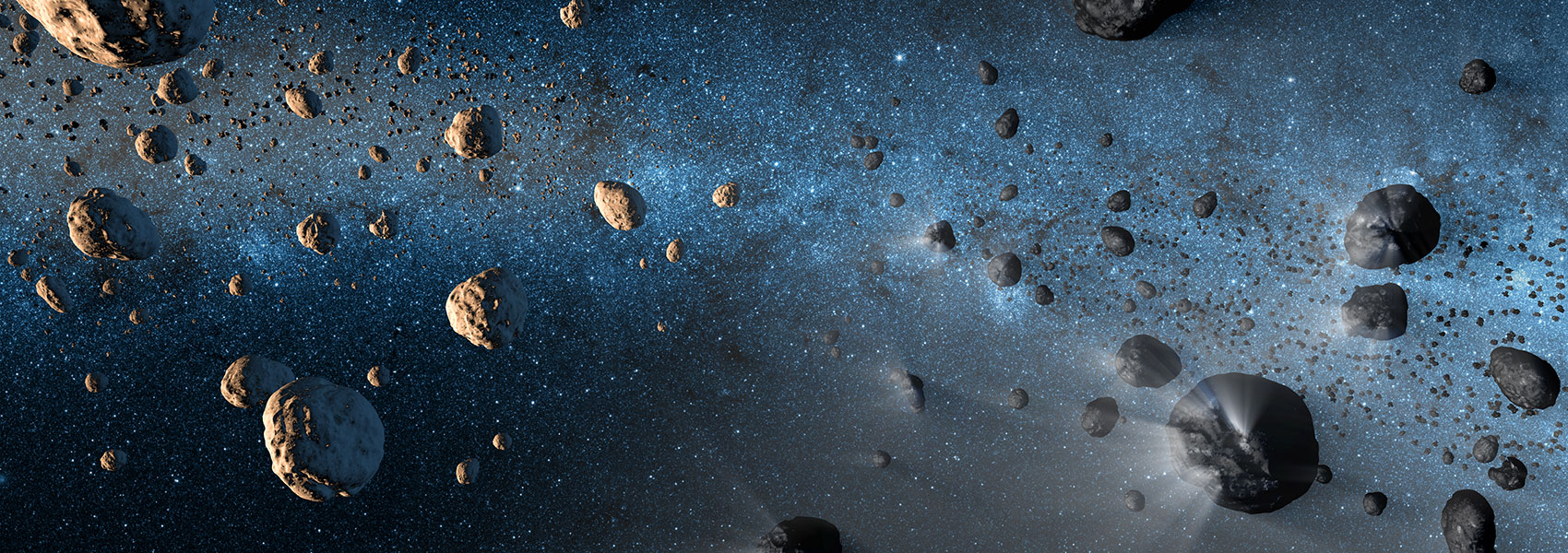ESA's Ariel mission, with a contribution from NASA's CASE project, will conduct a homogeneous survey of up to 1000 exoplanetary atmospheres to assess the atmospheric demographics and diversity of planets ranging in size from hot-Jupiters to super-Earths. To perform this statistical experiment and derive atmospheric compositions and abundances, the target list must be sufficiently well characterized: transit and eclipse ephemerides sufficient to efficiently schedule the mission and planetary masses good enough to interpret the spectroscopic observations. With these considerations in mind, the study presented here explores the creation of two possible Ariel target lists. The first is constructed using the standard figures of merit for ranking ideal targets for exoatmospheric transmission and emission spectroscopic observations. The second introduces a new target selection process that combines the standard transmission figure of merit with a focus on more-evenly sampling planets across a range of radii and equilibrium temperatures. For these two target list scenarios, we quantify the amount of ground-based telescope time necessary to obtain sufficient ephemerides and masses, via both transit photometry and radial velocity measurements. Based upon these findings, we provide a list of recommendations that would make community efforts for preparation and interpretation of atmospheric characterization endeavors more effective and efficient in advance of the mission's launch later this decade. The strategies we recommend here, including the target lists we develop, can be used to support Ariel and current (e.g., Hubble and JWST) and future transit spectroscopy exoplanet missions (e.g., Pandora and HabWorlds).



